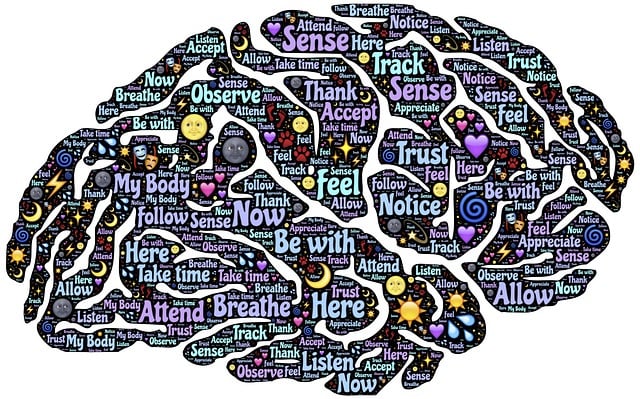Centennial Couples Counseling Therapy prioritizes risk assessment for harm minimization through detailed analysis of relationship dynamics, focusing on stress management, emotional regulation, and past experiences. Creating safe, collaborative spaces, therapists facilitate effective coping strategies and enhanced communication. This holistic approach extends beyond therapy with Stress Management Workshops and regular Mental Wellness Coaching Programs Development. Tailored interventions based on individual needs, evidence-based practices, and cultural sensitivity ensure inclusive support for lasting mental wellness. Long-term planning, social skills training, emotional healing processes, and shared self-care routines strengthen partnerships for enduring love and mutual support.
Risk assessment and harm minimization planning are vital components of effective Centennial Couples Counseling Therapy. By understanding the complexities of risk within therapeutic contexts, therapists can implement strategies to enhance client safety and foster healthy relationships. This article explores these key aspects in depth. We’ll delve into the intricacies of risk assessment, discuss practical harm minimization strategies, and provide insights into long-term planning for sustainable, resilient relationships.
- Understanding Risk Assessment in Couples Therapy
- Implementing Harm Minimization Strategies
- Long-Term Planning for Sustainable Relationships
Understanding Risk Assessment in Couples Therapy

In the realm of Centennial Couples Counseling Therapy, risk assessment is a foundational step in harm minimization planning. It involves meticulously examining various aspects of a couple’s relationship to identify potential risks and vulnerabilities that could impede their journey towards emotional well-being. This process isn’t merely about pinpointing problems; it’s about understanding the dynamic interplay of stress, emotional regulation, and past experiences within the partnership. By integrating insights from both partners, therapists can create a safe space where each individual feels heard and understood, laying the groundwork for effective coping strategies and enhanced communication.
Centennial Couples Counseling Therapy recognizes that stress management is not just an individual endeavor but a collaborative process. Through tailored interventions and evidence-based practices, therapists guide couples in developing robust emotional regulation skills, enabling them to navigate challenges together. This holistic approach extends beyond the therapy room, encouraging participation in Stress Management Workshops organized by reputable organizations, fostering a supportive community for continuous learning and personal growth.
Implementing Harm Minimization Strategies

Implementing harm minimization strategies is a cornerstone of comprehensive risk assessment in Centennial Couples Counseling Therapy. By integrating proactive measures, therapists can create a supportive environment that fosters resilience and empowers clients to navigate challenges effectively. This involves tailoring interventions to individual needs, incorporating evidence-based practices, and promoting self-care routine development for better mental health. Regular Mental Wellness Coaching Programs Development can further enhance these strategies, enabling clients to build coping mechanisms tailored to their unique circumstances.
Cultural sensitivity in mental healthcare practice plays a pivotal role in successful harm minimization. Recognizing and respecting diverse cultural backgrounds ensures that interventions are inclusive and relevant, addressing not just the immediate risk but also the broader social and contextual factors influencing client well-being. This holistic approach aligns with the overarching goal of Centennial Couples Counseling Therapy: to support individuals and couples on their journey towards lasting mental wellness.
Long-Term Planning for Sustainable Relationships

Long-term planning is a cornerstone of sustainable relationships, and Centennial Couples Counseling Therapy recognizes this crucial aspect. Effective harm minimization extends beyond immediate issues; it involves cultivating healthy habits that fortify connections over decades. This includes integrating Social Skills Training to enhance communication and Emotional Healing Processes, allowing couples to navigate life’s challenges together. By prioritizing these aspects, partnerships become more resilient, fostering an environment where Self-Care Routine Development for Better Mental Health is not just encouraged but embraced as a shared goal. Through long-term planning, couples counseling therapy enables partners to build a future characterized by enduring love and mutual support.
Centennial Couples Counseling Therapy emphasizes the importance of risk assessment and harm minimization planning as foundational elements for fostering sustainable relationships. By understanding potential risks, implementing effective strategies, and looking towards long-term goals, therapists can provide a comprehensive approach to couple’s therapy. This not only enhances the immediate therapeutic experience but also equips couples with tools to navigate future challenges, ensuring their relationship remains resilient and fulfilling.














